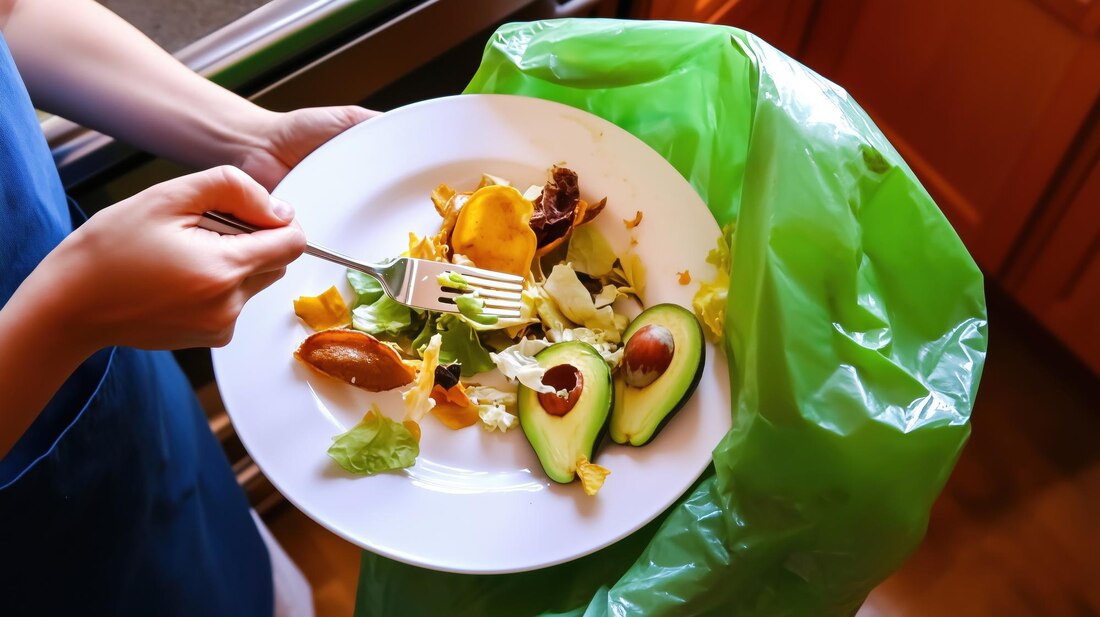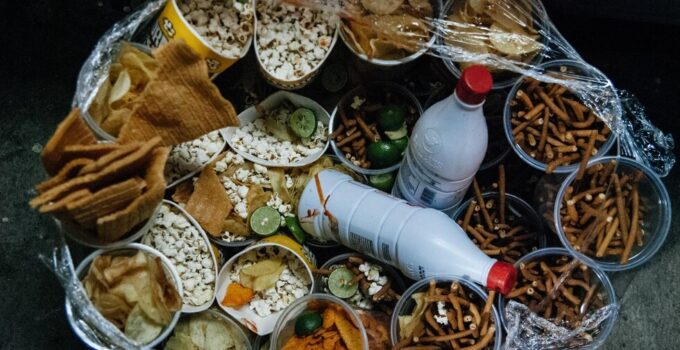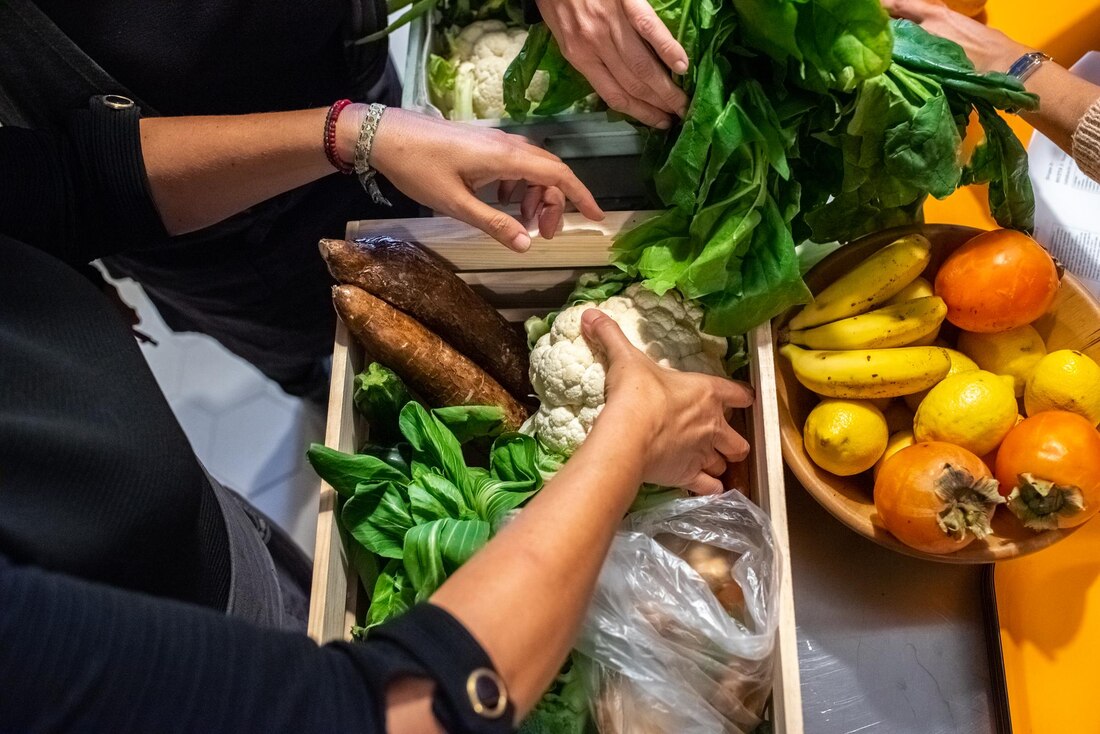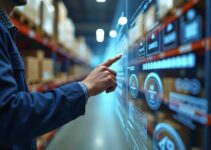What is a growing concern in the global economy and market? Fighting against extra fees and new standards is one of them, but environmental practices are actually leading the board. With food waste being one of the main concerns, it is natural to see increasing attempts at reducing it.
In Florida, surplus food has turned into valuable new products as it reduces waste and achieves cost reductions. This is done through the upcycling movement, which is gaining momentum.
This process consists of transforming excess produce into snacks or similar goods. While not every part of food waste can be upcycled, the quantity that can is on a larger scale.
Its popularity lies in how it creates economic opportunities. This applies to multiple people, such as food processors, manufacturers, and surplus buyers.
At Coastal Surplus Solutions, we have always followed environmental practices. For food surplus goods specifically, we partner with Florida food processors to redirect them to upcyclers. This builds a sustainable and profitable food system.
How can you navigate food upcycling and benefit from it directly? It will depend on your industry, but it isn’t as hard as it looks.
What Is Food Upcycling?
While “food waste” is a term that comes up when talking about upcycling, it isn’t about reusing waste in specific.
Any surplus or imperfect food that is usually thrown away or moved from inventory can be repurposed. This includes anything from misshapen fruit and vegetables to excess inventory or items that are about to expire.
These are repurposed into new, high-quality products. While they are often moved away from shelves and sound like defective items, it is just about processing them.
Food processors take care of items like fruit and turn them into juices, dried snacks, sauces, and more.
According to the ReFED 2024 Food Waste Solutions Report, food upcycling is one of the fastest-growing sectors in sustainable food innovation. This is due to how it brings significant environmental and economic benefits.
The practice aligns with growing consumer demand and how products are being thrown into landfills when they can be reused. This is why upcycling has been growing and bringing ethical product use.
Besides introducing a new business opportunity, it addresses food waste challenges.

Florida’s Role in the Upcycling Movement
Florida is one of the main agricultural producing centers in the U.S.
The vibrant food processing industry makes it a natural hub for surplus food upcycling. While it shines because of other industries and markets, food is a leading factor in the economy.
Local processors often face surplus or cosmetically imperfect production. This leads to certain items going to waste. This is due to retail standards and the idea of only offering products with perfectly nutritious benefits, but they have to be flavorful as well.
When food is about to expire or they have to move specific items out of the supply, repurposing usually goes to donations.
This is a great approach in environmental practices, but logistics cannot always support it.
Instead, by partnering with surplus buyers and upcyclers, Florida food processors can:
- Reduce waste disposal costs, which involve moving waste or disposing of it in landfills, exactly what needs to be
- Generate new revenue streams while getting the most out of inventory.
- Support local sustainability. Circular economy booms when food processors focus on repurposing.
Following the University of Florida’s reports and initiatives, surplus food upcycling helps complement coordinated efforts to manage organic waste. Of course, it is also the other way around.
How Coastal Surplus Solutions Bridges the Gap
Our company specializes in connecting Florida food processors with upcyclers. They all transform surplus food into innovative products.
While we are a dedicated sourcing partner in multiple industries, we have joined the environmental practices for a long time. Among them, sourcing surplus food is the main way to stay eco-friendly.
Our role in this process includes:
- Sourcing the food and making sure they are high-quality and streamlining delivery.
- Coordinate logistics outside of shipping. Anything with transferences or working with direct upcycling.
- Provide market insights to help you stay updated with information and how trends are moving. This helps optimize surplus utilization and connect surplus food.
Benefits of Partnering for Upcycling
Besides helping follow environmental practices, it is a way to monetize while keeping waste away from landfills.
Food processors can get the most out of the “waste” and spend less on logistics.
Meanwhile, consumers have their growing demand for sustainable and ethical food options covered.
This upcycling process, taking place locally, also helps strengthen local food systems. It supports jobs and food manufacturing.
At Coastal Surplus Solutions, we want to help transform the upcycling industry and bring our support for it to continue its growth.
Feel free to rely on us as your trusted partner in this movement. Contact us and request support for connecting with the goods.





